- Home
- slideshows
- miscellaneous
- 11 'bad habits' that are actually healthy, according to science
11 'bad habits' that are actually healthy, according to science
Skipping breakfast

Drinking coffee

In March, a California judge ruled that Starbucks and other coffee businesses must include cancer warnings on their products.
Despite this frightening announcement, there's extensive scientific research on coffee which suggests that, if anything, regularly drinking the brew is linked with a reduced cancer risk as well as a range of other health benefits, such as protecting against diabetes and boosting heart health.
That said, doctors recommend limiting your caffeine intake to 400 milligrams per day, or about 3 to 4 standard cups of drip coffee.
Eating eggs
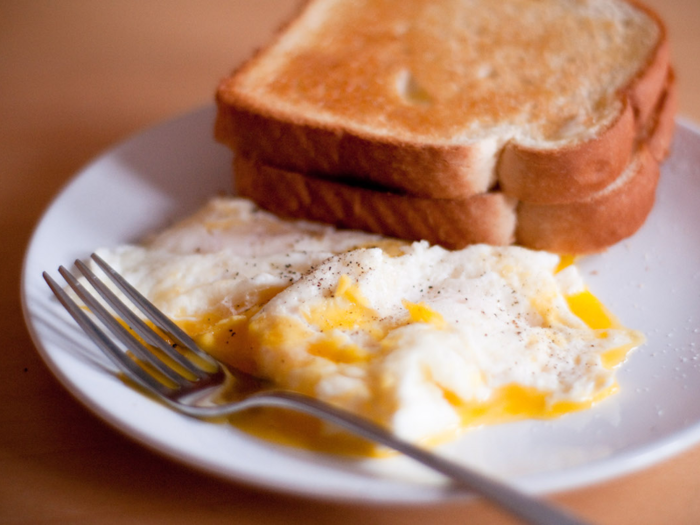
The latest advice on healthy eating seems to change as frequently as the seasons.
Eggs — an animal product high in cholesterol, fat, protein, and several key vitamins and minerals — have been vilified for years. But as it turns out, eggs are actually pretty healthy. And ordering just the whites, a practice that low-fat food advocates say is a way to shave off calories, fat, and cholesterol, is completely unnecessary.
Whole eggs are high in a handful of key vitamins and minerals that you can't get from many foods like vitamin B12 and phosphorus. They're also rich in muscle-fueling protein and satiating fat, which makes them filling and unlikely to be overeaten.
Plus, the cholesterol eggs contain does not appear to lead to high cholesterol levels in healthy people. Just as eating fat does not translate into being fat, recent research has shown that eating cholesterol doesn't necessarily translate into having high cholesterol.
Indulging in high-fat foods
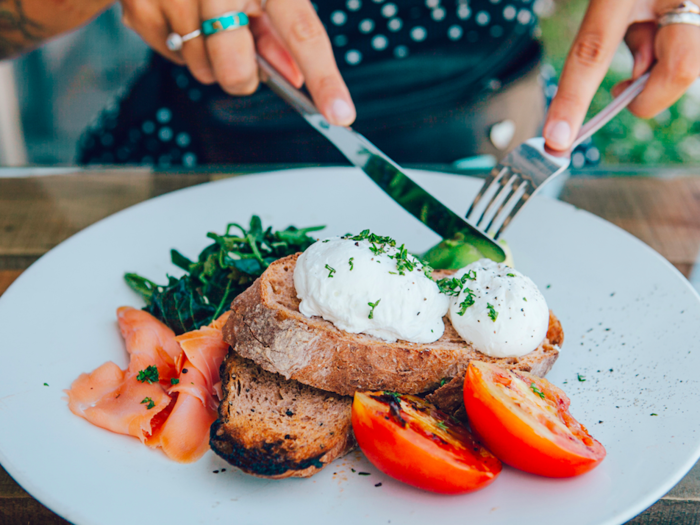
Following advice from the Department of Agriculture in the 1990s, millions of Americans seeking to lose weight opted for a low-fat, high-starch diet. They chose margarine over butter and "fat-free" instead of "regular," and they curbed their indulgence of rich, creamy foods. But it didn't work.
An eight-year trial involving almost 50,000 women, roughly half of whom went on a low-fat diet, found that those on the low-fat plan didn't lower their risk of breast cancer, colorectal cancer, or heart disease. Plus, they didn't lose much weight, if any. New recommendations show that healthy fats, like those from nuts, fish, and avocados, are actually good for you in moderation. So add them back into your diet if you haven't already.
Using social media
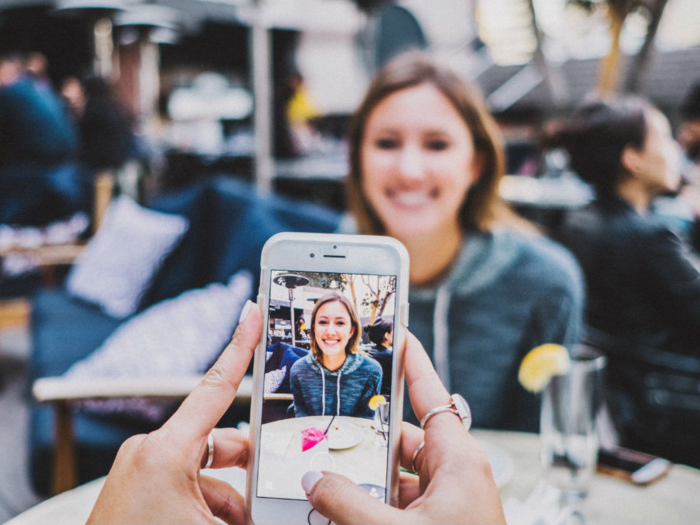
Frequent social media use and screen time have been portrayed as universally bad for our health.
But a lot of research on this phenomenon has been characterized by poorly done studies and bad science. The vast majority of evidence suggests that our smartphones are not uniformly harmful, and in some cases, they may be a force for good.
Last year, in a study published in the journal Psychological Science that examined the effect of screen-time on a sample of more than 120,000 British adolescents, researchers found that social media use wasn't harmful for the vast majority of teens. In fact, it was sometimes helpful for things like feeling more connected and getting emotional support from peers.
"Overall, the evidence indicated that moderate use of digital technology is not intrinsically harmful and may be advantageous in a connected world," the researchers wrote in the paper.
Grabbing an energy drink
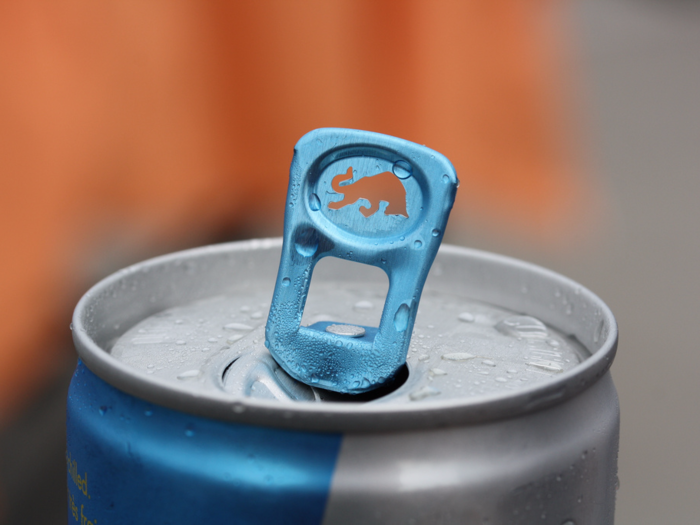
I'm used to the shaming look I get from my peers when I crack open a can of sugar-free Red Bull. The questions — and judgment — never end. "That stuff'll kill you," someone said to me the other day, shaking his head. "So many chemicals!" was what I heard last week.
Truth be told, Red Bull (at least the sugar-free kind) isn't all that terrible for you. Besides having only 10 calories and no sugar, it has only 80 milligrams of caffeine, about a third of the amount in a tall Starbucks drip coffee. As far as its other ingredients — namely B vitamins and taurine — go, scientific studies have found both to be safe.
Drinking one or two glasses of wine

Too much of anything is bad for you, and alcohol is no exception.
But a fair amount of research is beginning to suggest that people who drink moderately — roughly 1 to 2 glasses of wine or beer a day — may enjoy some health benefits, such as a reduced risk of age-related cognitive decline.
A study published last year in the Journal of Alzheimer's Disease found that people who drank regularly were significantly more likely than people who didn't drink at all to reach age 85 without displaying signs of cognitive decline. A large review of 74 other studies on the subject also concluded that moderate drinkers had a lower risk of cognitive decline than those who abstained completely.
Having your notifications turned on
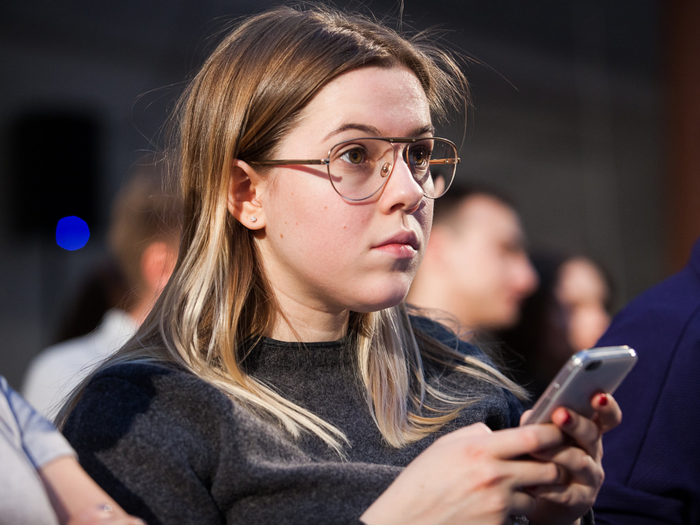
At Google's recent Google I/O developer conference, the company unveiled a host of features geared at curbing what is often called "tech addiction." One was a new feature that offers an easy way to block notifications, which many people say cause anxiety and curb productivity.
But there are no studies suggesting that snoozing notifications will help us feel better. In fact, when researchers attempted to solve the anxiety problem by muting them completely (as they did in a recent study), it actually led people to report feeling more stressed, not less.
There may be a better alternative, however: People in that study who got their alerts sent in batches — as opposed to in real time — said they felt less stressed and happier than people who got them normally or didn't get them at all.
Foregoing a long workout
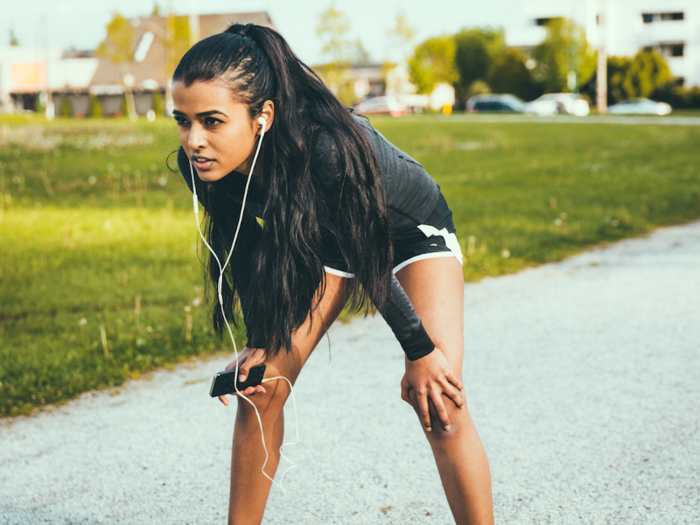
You don't always need to commit to sweating for hours at the gym to stay in shape.
Studies suggest that compact, high-voltage workouts like the 7-minute workout may be more beneficial for building muscle and protecting the heart than some other forms of exercise. These types of workouts are known as high intensity interval training, or HIIT.
"High-intensity interval training can provide similar or greater benefits in less time than traditional longer, moderate-intensity workouts," Chris Jordan, an exercise physiologist who created the Johnson & Johnson Official 7 Minute Workout, said.
Eating gluten
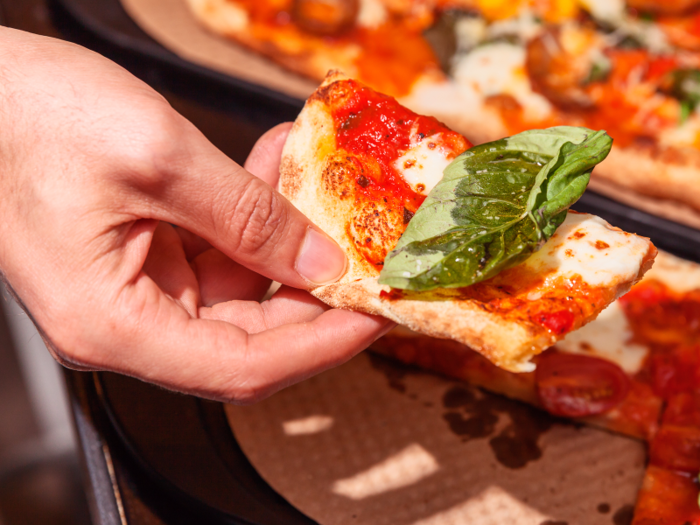
If you've ever snacked on a slice of gooey pizza or bitten into a chewy bagel, you have gluten to thank: the substance gives dough its elastic texture. Gluten is not a junk ingredient, and unless you have a rare condition called celiac disease, it isn't unhealthy.
Some people have suggested that celiac disease could be on the rise, but a recent study published in the Journal of the American Medical Association found data that strongly refutes that idea. As for all those people who say they don't have celiac but are just "sensitive" to gluten, a small 2013 study out of Monash University suggested that may not be true, either, as participants' digestive reactions appeared to have nothing to do with their intake of the substance.
Instead, the bloating and discomfort that many people experience when they eat gluten — and the sudden disappearance of those symptoms after slashing the ingredient — may have more to do with eliminating unhealthy processed and pre-made foods, many of which also happen to contain gluten.
Taking a nap
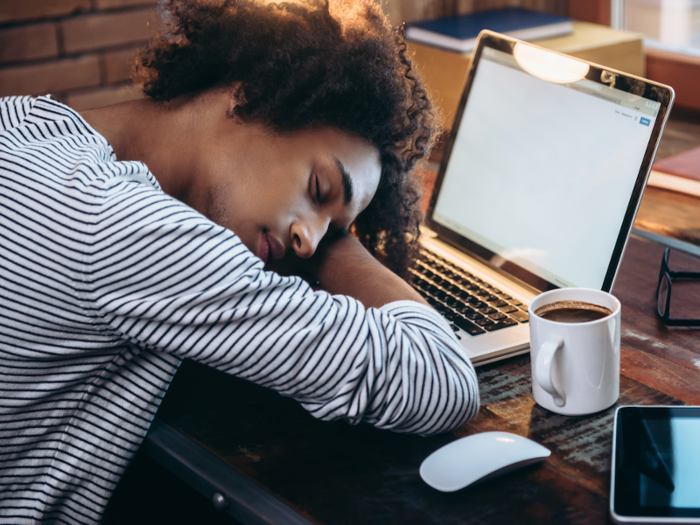
Nappers aren't necessarily lazy — and some studies suggest the habit could actually be linked to significant health benefits, especially if you're sleep-deprived.
For a small study published in the journal Brain, Behavior, and Immunity in which researchers compared the effects of a 30 minute nap against the effects of 10 hours of sleep in people who'd been intentionally deprived of sleep, they found that both respites appeared to help return key immunity biomarkers (which had plunged after not sleeping) to their normal levels.
Also, according to Harvard sleep researcher Robert Stickgold, naps may even help some people solve problems when their energy and focus would otherwise have waned.
Popular Right Now
Popular Keywords
Advertisement